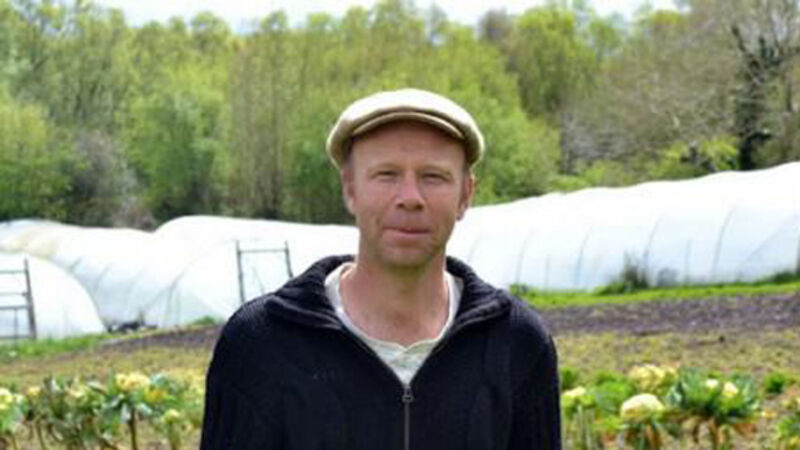Oliver Moore: Apprentices gain valuable insights at OGI apprenticeship scheme

"Last year’s pilot scheme was completed by five apprentices, most of who are staying on in the sector,” co-ordinator Jason Horner tells me. Of those staying in the sector, one is also considering establishing her own business.
This year’s programme sees more farms and more potential apprentices. Even before starting, there were “20 expressions of interest for this year’s programme”, the Clare-based grower says.










